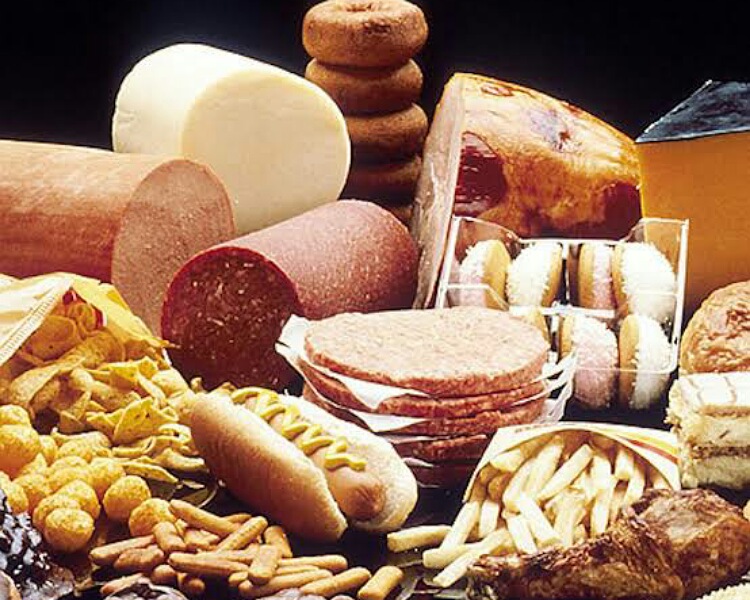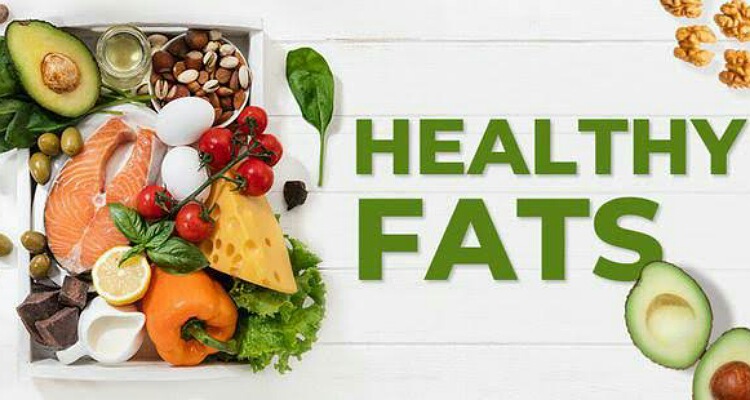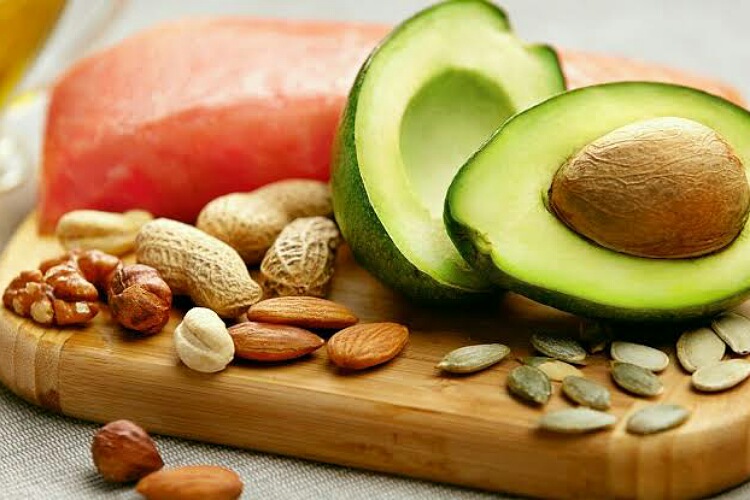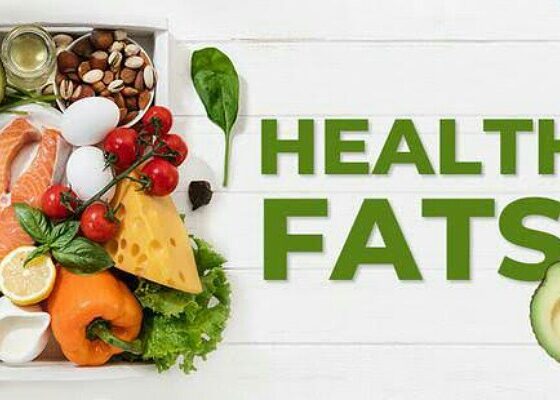In order to lose weight and for cardiovascular health, often people reduce their fats intake drastically. But do you know that this is not the right approach? Fats are an essential macronutrient for the body and by cutting it down from your diet you are not doing it any favor. So what should one do then in these cases?
Fats, weight management and cardiovascular health
Fats are one of the vital nutrients that the body requires. It also makes food delicious. But US researcher Ancel Keys did some studies in 1950s and 1960s. He inferred that Japanese diet is low in saturated fats and hence they live longer and their life is a quality one.

Moreover, he noted that Finnish farmers used butter and cheese a lot and they had heart troubles. He reached the conclusion that saturated fats are bad for health and heart and that they elevate blood cholesterol. He suggested that one should reduce fats to provide 30% daily calories and switch from animal fats to plant fats.
The 1980s….
And in 1980s,the concept changed and there was a war against fats. Instead of replacing saturated fat with unsaturated forms of fats, these fats was replaced by sugar, refined carbs and lab made fats. Full fat milk was no longer accepted. Skimmed milks came in. And then, ultra processed alternatives of fats arrived in the market such as margarine, low fat fruit yoghurts etc.

But instead of losing weight, people gained weight and became obese. Also, cardiovascular health suffered and early deaths due to it became widespread. Despite reducing fats, the issue of excess weight and heart disease did not decline. So fats was not the culprit.
The modern science concept
Modern science and research had cleared fats of its bad reputation. There is now the belief that one should not lessen fats but only replace saturated fats with healthy fats. Dietitian Priya Tew explains:
“Eating low fat used to be the recommendation, but now we know that this can lead to eating a less varied and nutritious diet,”
She adds:
“We need some fat in our diets to help us absorb the fat-soluble vitamins A, D, E and K. Fats are also a source of essential fatty acids, which the body cannot make itself.”

When we reduce fats in daily diet, we eat more of sugars and refined carbs that cause more harm. And the additives of processed foods deranges our gut bacteria and causes problems. Trans-fats came in but they were more damaging. Priya says:
“Trans fats are associated in studies with a 16 per cent increased risk of coronary events, a 34 per cent increase in all-cause mortality, a 28 per cent increase in coronary heart mortality, and a 21 per cent increase in risk of heart disease.”
Read here: UK NDNS-RP: Link between saturated fats, omega 6 fatty acids, omega 3 fatty acids and obesity!
They cause more weight gain. Hence Priya suggests:
“Fats found in their natural form in food all individually contribute to health in different ways,”
“For example, dairy foods contain saturated fats but also vitamins A and D and minerals such as calcium and phosphorus.”
Eat fatty fish, nuts, seeds and use oils with polyunsaturated fatty acids in them. Olive oil has monounsaturated fats and is the best option.
